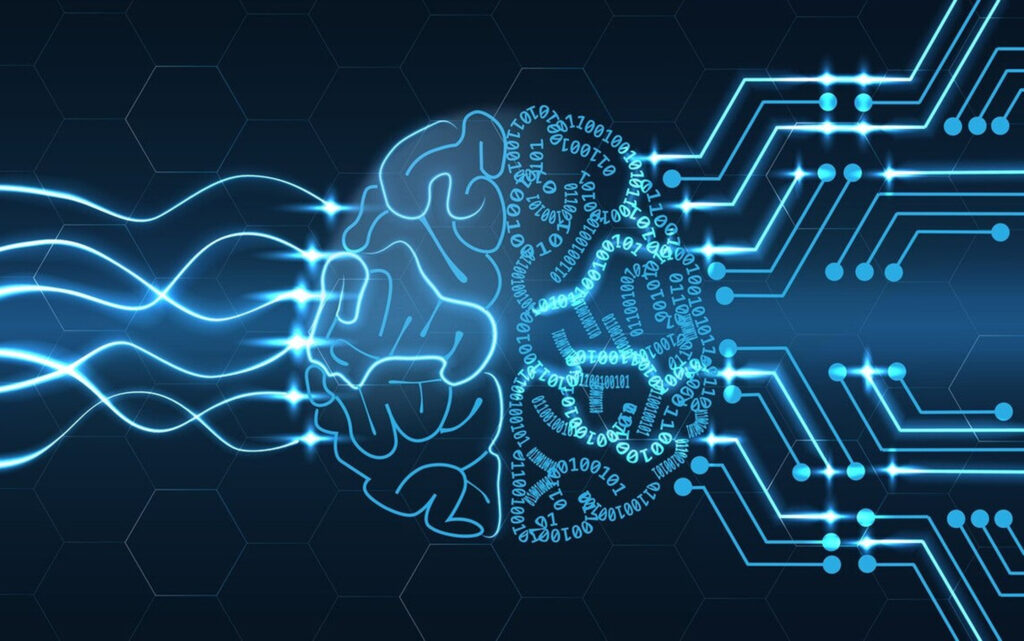
Artificial intelligence (AI) is no longer a futuristic concept. Instead, it is already reshaping industries, economies, and everyday life. As we move forward, understanding the AI trends to watch in the next 5 years is more important than ever. Because AI evolves so rapidly, staying informed ensures you're prepared for a future where intelligent systems impact nearly every part of modern society.
Generative AI can now create entire articles, images, music, and videos from simple prompts. Tools like ChatGPT, DALL·E, and Midjourney are revolutionizing the creative process by offering instant content generation.
Moreover, these tools allow people without formal design or writing training to generate impressive output. As a result, freelancers, entrepreneurs, and small businesses are becoming their own production studios.
However, ethical concerns are rising. Who owns AI-generated content? How do we prevent misuse? Responsible use of these tools is now more important than ever.
AI is quickly automating tasks in customer service, data entry, and administration. These roles are being replaced to improve speed and cut costs.
New job categories like AI ethicists, prompt engineers, and automation specialists are gaining traction. Therefore, the workforce is not shrinking—it is transforming.
Continuous learning is now essential. According to Axios, up to 50% of entry-level white-collar jobs may be automated in the next five years. Thus, adapting skills is key to long-term relevance.
AI can identify diseases in scans more accurately than some human doctors. Its pattern recognition is advancing early diagnosis and treatment options.
Hospitals now use AI to draft reports and manage patient records. Business Insider notes that generative AI is helping radiologists save hours per week, improving both productivity and patient care.
Furthermore, AI enables remote diagnostics and virtual consultations, ensuring quality healthcare reaches underserved regions.
Unregulated AI can lead to surveillance abuse, data breaches, and algorithmic bias. Therefore, legal frameworks are urgently needed to protect public interest.
The European Union’s AI Act outlines standards for high-risk systems. Meanwhile, other nations are developing their own AI governance models to ensure responsible use.
The goal is not to slow progress but to ensure ethical development. Smart regulation can foster innovation while protecting human rights.
Currently, AI can simulate conversation and emotion, but it lacks consciousness. Yet its sophistication leads users to believe it "understands."
If AI mimics emotion, should it be granted rights? What happens when people form attachments to AI tools? These questions are no longer theoretical.
According to Vox, setting ethical guidelines now is critical before AI crosses unpredictable boundaries.
Platforms like YouTube and Spotify use AI to personalize user experiences. This boosts engagement and satisfaction across the board.
Media outlets now use AI to generate summaries, weather updates, and even financial analyses. Although this increases speed, it raises concerns about accuracy and authenticity.
Deepfake technology is advancing fast. AI-generated videos can mislead the public. Thus, detection tools and digital literacy are crucial for truth preservation.
AI helps companies analyze big data, predict market behavior, and make faster strategic choices. It's becoming central to competitive advantage.
Chatbots now offer 24/7 support, improving both speed and consistency in customer interactions. They reduce costs while boosting user satisfaction.
Ultimately, businesses using AI reduce errors, increase scalability, and make better decisions faster. As a result, early adopters are pulling ahead of competitors.
AI will continue to revolutionize industries by 2030. However, with that power comes responsibility. Individuals, businesses, and governments must collaborate to ensure AI is developed and deployed ethically.
1. What industries will benefit the most from AI?
Healthcare, media, finance, education, and logistics are expected to lead AI-driven growth.
2. Can AI replace human creativity?
No. While it can assist, true creativity requires human emotion, intuition, and context.
3. What is the EU’s AI Act?
It's a legal framework to classify and regulate AI systems based on risk, ensuring safety and accountability.
4. Is AI conscious?
No, current AI mimics awareness but lacks genuine understanding or self-awareness.
5. How should I prepare for the AI era?
Learn digital tools, stay informed about AI trends, and build skills in tech, creativity, and strategy.